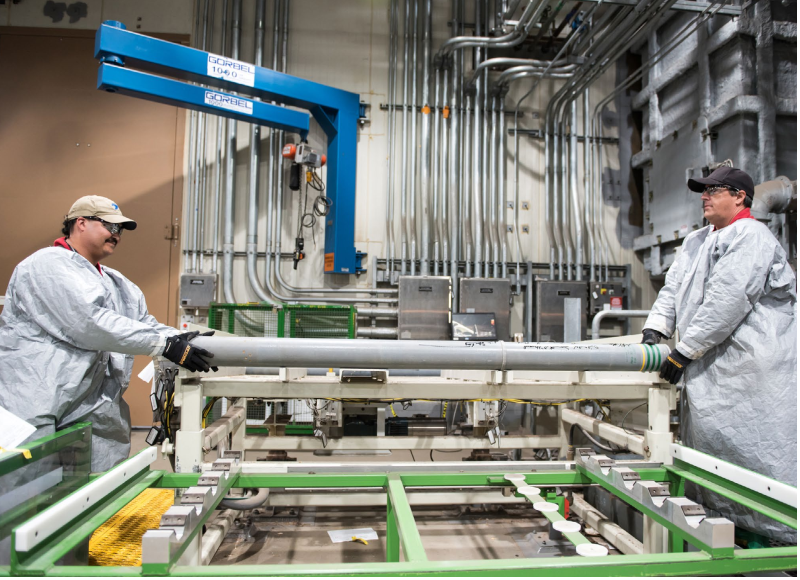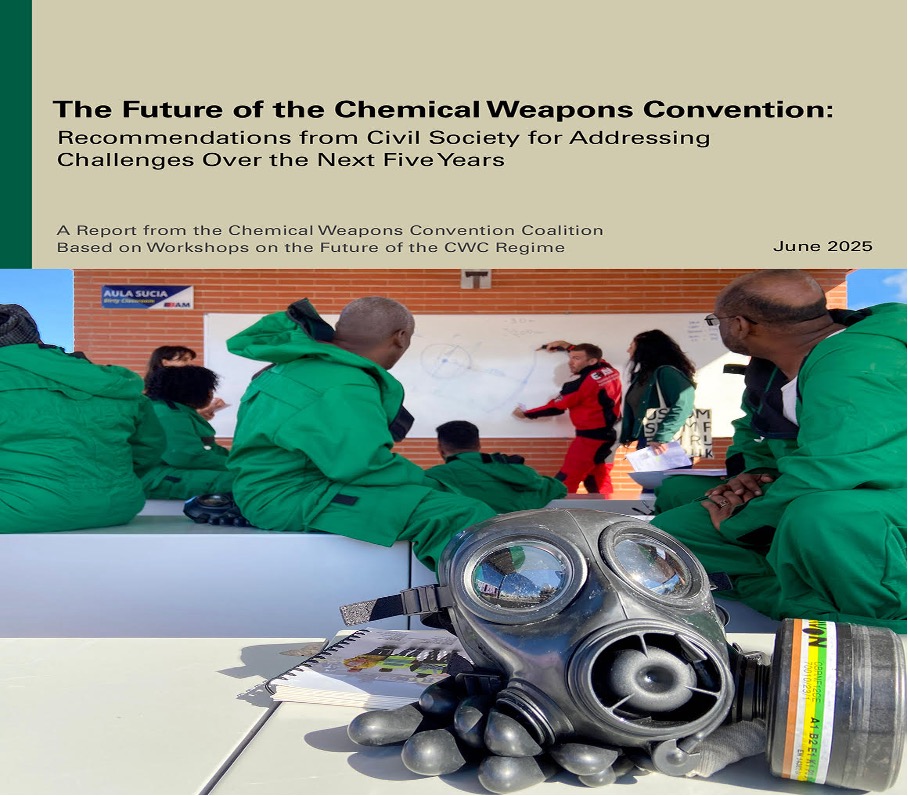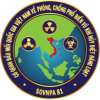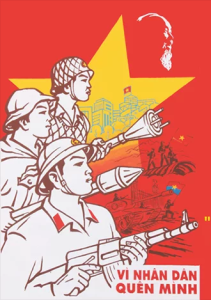The Future of the Chemical Weapons Convention: Recommendations from Civil Society for Addressing Challenges in the Next Five Years
The report “The Future of the Chemical Weapons Convention: Recommendations from Civil Society for Challenges in the Next Five Years,” published by the Chemical Weapons Convention Coalition (CWCC) and the Arms Control Association (ACA) in June 2025, marks a significant milestone: the Organisation for the Prohibition of Chemical Weapons (OPCW) confirmed the destruction of all declared chemical weapons stockpiles in 2023.

The final munition in the U.S. chemical weapons stockpile, an M55 rocket containing GB nerve agent, was destroyed safely on July 7, 2023 at the Blue Grass Chemical Agent-Destruction Pilot Plant in Kentucky. It marked the total elimination of more than 30,000 tons of chemical agent in the original U.S. stockpile. (Photo by U.S. Army)
The report highlights that the CWC, effective since 1997, has 193 member states, making it the most widely subscribed disarmament treaty. However, four countries—Egypt, Israel, North Korea, and South Sudan remain outside the treaty, posing challenges to its universalisation. Threats to the CWC include recent uses of chemical weapons in Syria, allegations of use in Ukraine, Sudan, and Iran, as well as risks from non-state actors such as terrorist organizations. Rapid advancements in science and technology, including artificial intelligence (AI) and new chemical production methods, further complicate efforts to maintain the chemical weapons ban.

Building on these achievements and challenges, the report proposes specific actions for the OPCW and member states, focusing on six key areas: universalization of the treaty, ensuring compliance, national implementation, verification and inspections, scientific and technological advancements, and the threat of chemical terrorism. Specific recommendations include:
- Universalization of the CWC: Strengthen diplomatic outreach to the four non-member states (Egypt, Israel, North Korea, and South Sudan), particularly through forums like the Conference on a Middle East Zone Free of Weapons of Mass Destruction. Civil society should raise awareness of the benefits of CWC membership, such as emergency assistance and technological cooperation.
- Ensuring Compliance: Develop tools to counter misinformation, monitor violations, and promote collaboration between the OPCW and organizations like the International Criminal Court to address non-compliance cases, such as alleged chemical weapons use in Syria, Ukraine, Sudan, and Iran.
- National Implementation: Encourage member states to align national legislation with the CWC, enhance regional cooperation, particularly in Africa, and train emergency response forces to handle both industrial incidents and chemical weapons events.
- Verification and Inspections: Strengthen monitoring of unscheduled chemicals, leverage AI and information technology, and standardize challenge inspections to maintain transparency and effectiveness.
- Scientific and Technological Advancements: The OPCW should invest in research to keep pace with chemical production, biotechnology, and AI advancements. The report proposes organizing a biennial science and technology forum and enhancing the role of the Scientific Advisory Board.
- Countering Chemical Terrorism: The OPCW should adapt its strategies to address threats from non-state actors, strengthen coordination with the United Nations and other international organizations, and support capacity-building for legal frameworks and responses to chemical terrorism.
The Chemical Weapons Convention has achieved historic success in eliminating chemical weapons globally, but the journey to protect the world from this threat remains fraught with challenges. Close cooperation between member states, the OPCW, and civil society is essential to maintain the CWC’s effectiveness amid complex geopolitical dynamics and rapid technological advancements. With its independent and dynamic role, civil society will continue to contribute by raising awareness, promoting accountability, and providing technical support to strengthen the CWC. With shared commitment and coordinated action, we can ensure that the CWC remains not only a historic success but also a robust foundation for a future free of chemical weapons, safeguarding global peace and security.
https://www.cwccoalition.org/statements-recommendations-reports/
TAO Thuan TT81






